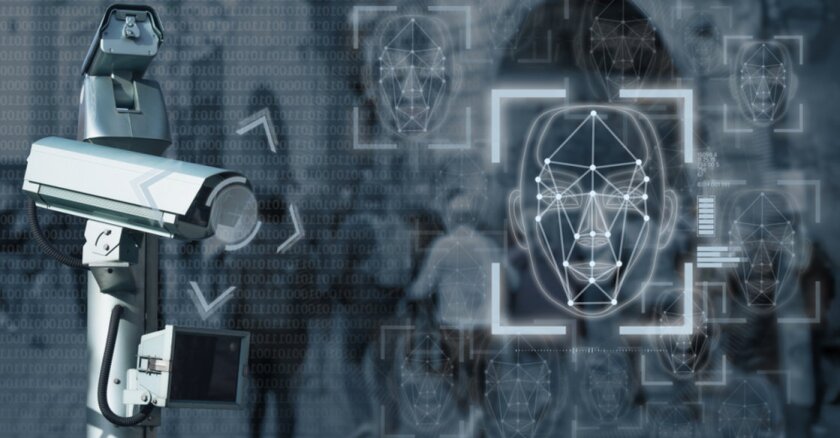The bill, sponsored by Assemblywoman
The district won state
The new law temporarily blocks the use of what it calls "biometric identifying technology" in all schools — public, nonpublic and charter.
In the meantime, the law orders the
The law prohibits the department from approving any such system until
Wallace said she has doubts about the technology's accuracy, cost and effectiveness, as well as questions about the privacy of the scanned images and who would have access to them.
"I'm happy to see the governor agreed with my concerns," Wallace said.
"Facial recognition technology could provide a host of benefits to New Yorkers, but its use brings up serious and legitimate privacy concerns that we have to examine, especially in schools," Cuomo said in a news release.
The study will address the use of the scanned images and the technology's impact on privacy and civil liberties, as well as recommending rules for its use — if it is allowed at all.
"This legislation requires state education policymakers to take a step back, consult with experts and address privacy issues before determining whether any kind of biometric identifying technology can be brought into
"There is a need for a deeper dive," Wallace said.
"
"It's a shame that
"The premise that you can identify a school shooter in advance, in real time, is just mythological," Shultz said. "And it's just an incredibly expensive system to use on students."
Studies around the world have shown that facial recognition software is most likely to match a live image to a stored photo when the subject is an adult white man. Although a federal study last year concluded the algorithm in
"The legislative effort would result in over $1 million of taxpayer money being committed to an approved system that cannot be used to protect the district community from sex offenders and others who present a threat," Bradley said then. "The district does not believe that there is any valid basis on which it should be prevented from utilizing this available, approved and operating technology to enhance the safety and security of the district's students, staff and visitors, and to respond to real world threats."
(c)2020 The Buffalo News (Buffalo, N.Y.). Distributed by Tribune Content Agency, LLC.














